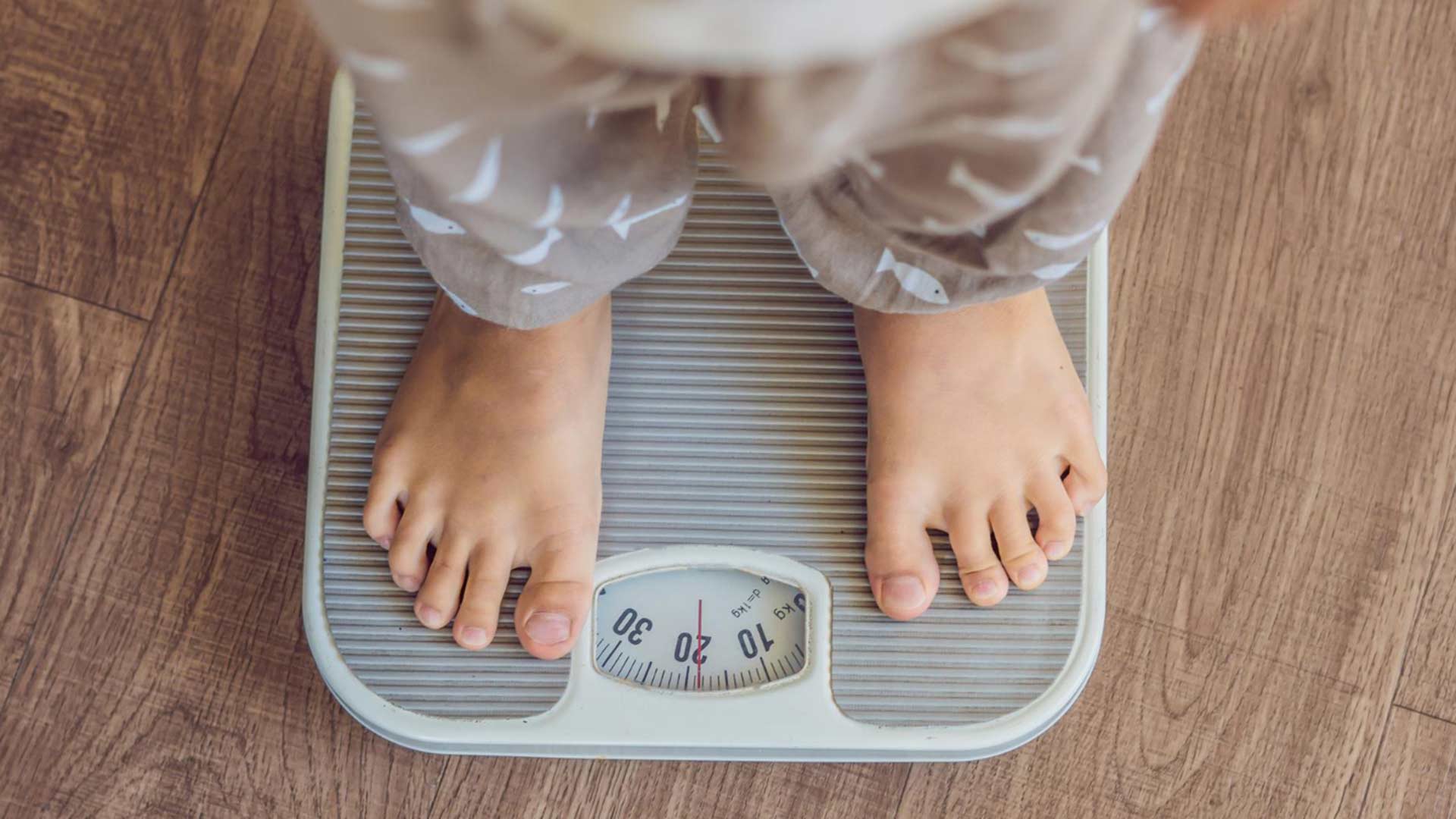with Physical Play Opportinities
The greatest health risk facing children today is not a terrible disease like leukemia or an unthinkable trauma like abuse. It is obesity. Recent statistics show that the number of obese and overweight children is increasing. The National Center for Health Statistics reports that the percentage of elementary-age children who are considered obese has doubled since 1980, from 7 percent to 14 percent.
Generally, children who are between 10 percent and 20 percent over the appropriate weight for their height and age would be classified as overweight. Children who are 20 percent or more over the ideal weight are classified as obese. About 85 percent of obese children continue to be classified as obese for the rest of their lives. Obesity has been linked to physical (heart, blood, lung, and bone) complications and psychological (self-concept) stress. Even worse, these health risks are frequently found in higher concentrations among populations of minority and low-income children.
Obesity is the end result of an inversely proportional relationship between activity level and caloric intake. Children who take in more calories than they burn become obese and less physically active. These children experience physical activities differently from nonobese children. Rigorous physical play is difficult and they are often physically awkward.
In a recent study investigating the developmental progression of young children's overhead ladder usage, approximately 120 children ages 3 to 10 were observed traversing the apparatus. The only children who were unable to successfully navigate the equipment were obese. Another study reveals that obesity also is an influence on children's walking patterns. Obese children generally walk slower, are flat-footed, walk with turned out toes, and walk asymmetrically. These poor walking habits have the potential to impose cumulative consequences, such as body tissue damage and structural deformities.
When considering "solutions" for the childhood obesity problem, the basic factors involved in obesity must be considered. These include genetics, emotional stability, hormone levels, and intake activity relationships. For practical purposes, increasing physical activity may be the best solution for obesity. Physical activity reduces body fat without the risk of growth stunting that occurs with low-calorie diets. But increasing physical activity among children is complicated. Schools, under pressure to increase test scores, are decreasing children's opportunities to participate in recess and physical education. As a result, they are increasing the amount of times children's bodies remain relatively stationary. Reductions in the amount of physical activity in schools may be leading to serious consequences. Children are not compensating for this lost physical activity time by increasing their physical activity level after school. In fact, research shows that children who are inactive at school tend to remain inactive at home. More and more, children's free time is consumed with sedentary activities like watching television and playing computer games. The emphasis on sedentary habits in our schools and homes may be compounding the growing number of obese bodies.
A promising area for increasing physical activity is through improving children's access to areas where they can have high rates of challenging physical activity. A recent study published in Pediatrics suggests a direct link between physical activity and the environment to which children are exposed. Children with access to community recreation centers and physical education classes in the study were more likely to be physically active. Children in high crime areas, which limited their opportunities to engage in outdoor play, were less likely to be physically active. The Centers for Disease Control in 1998 sent out a call for an increase in safe environments that encourage physical activity.
Studies show that physical status largely dictates in which activities children can participate and what areas of play environments are accessible. Thus, it becomes a responsibility of playground designers to provide challenging activities for obese children who are not as physically competent as their nonobese peers; as a result, they will have opportunities to be physically active during play times. Responsibility also lies with parents and teachers to advocate for instilling sufficient recess and physical education times during the course of the school day. Increasing opportunities for challenging active play, physical education, and recess, as well as the development of community recreation centers in low-income areas, may have an important impact on the greatest health risk facing our children today.









Add new comment